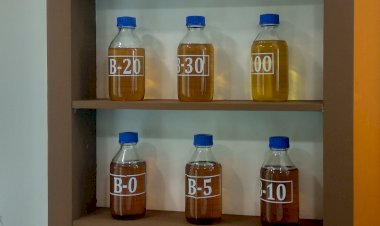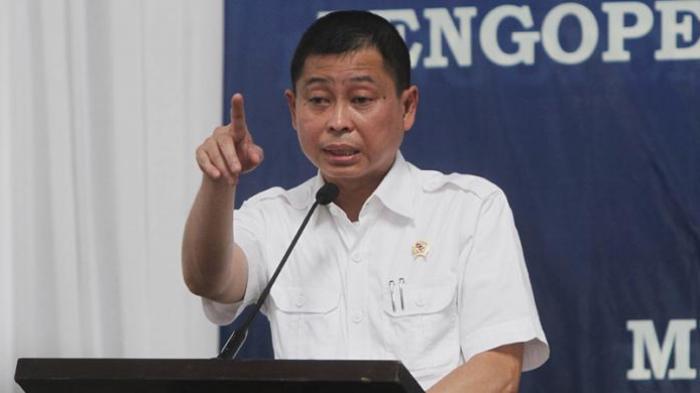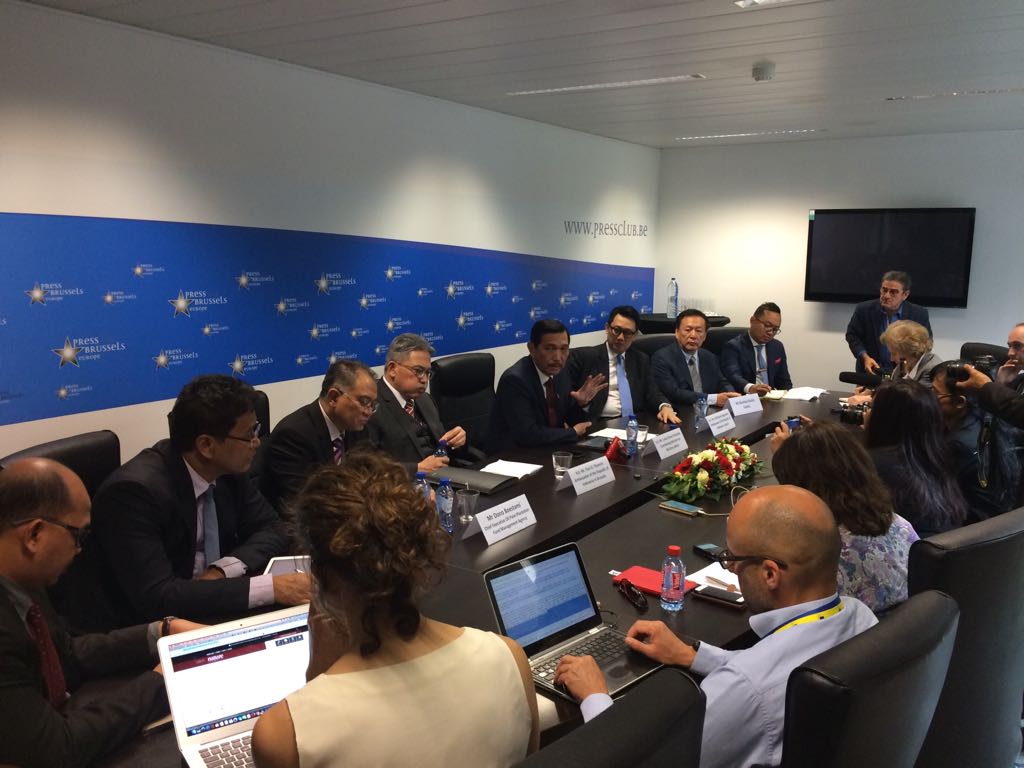Indonesia-European Union to Team Up on Palm Oil Issues
INDONESIA and the European Union (EU) is planning to team up to share information about palm oil amid Indonesia’s disappointment over discriminatory policy against palm oil. “For every now and then until 2021 we will work together on a joint team with the EU,” Coordinating Economic Minister Darmin Nasution said as quoted by Antaranews, (2/5/2019). Darmin said the team is established in response to the European Union promise to reopen dialogue on palm oil issue in 2021.

INDONESIA and the European Union (EU) is planning to team up to share information about palm oil amid Indonesia’s disappointment over discriminatory policy against palm oil. “For every now and then until 2021 we will work together on a joint team with the EU,” Coordinating Economic Minister Darmin Nasution said as quoted by Antaranews, (2/5/2019). Darmin said the team is established in response to the European Union promise to reopen dialogue on palm oil issue in 2021. “We have agreed with the EU to team up to build communication,” Darmin said. He also said, if in the end the EU implements policy that discriminates palm oil, it doesn’t mean that Indonesia’s palm oil is not allowed to enter the region. Palm oil is still allowed to enter but without incentives. Darmin said earlier that the EU offered Indonesia to build a platform that makes it possible for the two parties to engage in a constructive dialogue. The idea came out as the joint mission of Council of Palm Oil Producing Countries (CPOPC) visited Brussels. The EU only offered a new dialogue without any changes in the regulation at all. However, it is expected to switch research results on palm oil from high risk to non high risk by 2021. Currently, Indonesia is expecting an updated proposal from the EU. Earlier, the European Commission adopted delegated act that classifies palm oil as unsustainable high-risk ILUC (Indirect Land Use Change) vegetable oil. The delegated act is a derivative regulation of the EU’s Renewable Energy Directive II (RED II) concerning biofuels. Indonesia has consistently outlined the facts that the delegated act is based on inaccurate and discriminatory factors. ***



































